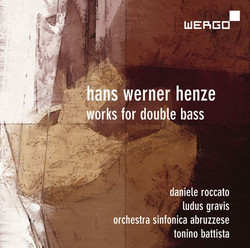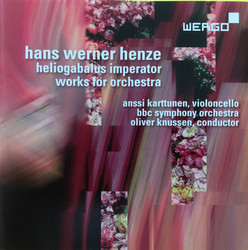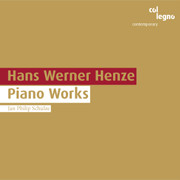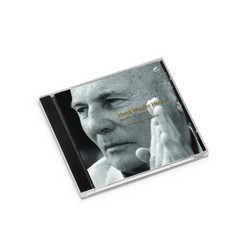Hans Werner Henze
Hans Werner Henze (born July 1, 1926, Gütersloh, Germany) is a German composer well known for his left-wing political convictions. He left Germany for Italy in 1953 because of a perceived intolerance towards his politics and homosexuality. He continues to live in the village of Marino in the Lazio region of Italy. An avowed Marxist and member of the Italian Communist Party, Henze has produced compositions honoring Ho Chi Minh and Che Guevara. The librettist of his requiem for Che Guevara, titled Das Floß der Medusa (The Raft of Medusa), was among several people arrested at the 1968 Hamburg premiere for placing a red flag on the stage. Henze spent a year teaching in Cuba, though he later became disillusioned with Castro. His music is extremely varied in style, having been influenced at various times by atonality, Stravinsky, Italian music, and jazz.
Hans Werner Henze (born July 1, 1926, Gütersloh, Germany) is a German composer well known for his left-wing political convictions. He left Germany for Italy in 1953 because of a perceived intolerance towards his politics and homosexuality. He continues to live in the village of Marino in the Lazio region of Italy. An avowed Marxist and member of the Italian Communist Party, Henze has produced compositions honoring Ho Chi Minh and Che Guevara. The librettist of his requiem for Che Guevara, titled Das Floß der Medusa (The Raft of Medusa), was among several people arrested at the 1968 Hamburg premiere for placing a red flag on the stage. Henze spent a year teaching in Cuba, though he later became disillusioned with Castro. His music is extremely varied in style, having been influenced at various times by atonality, Stravinsky, Italian music, and jazz.




